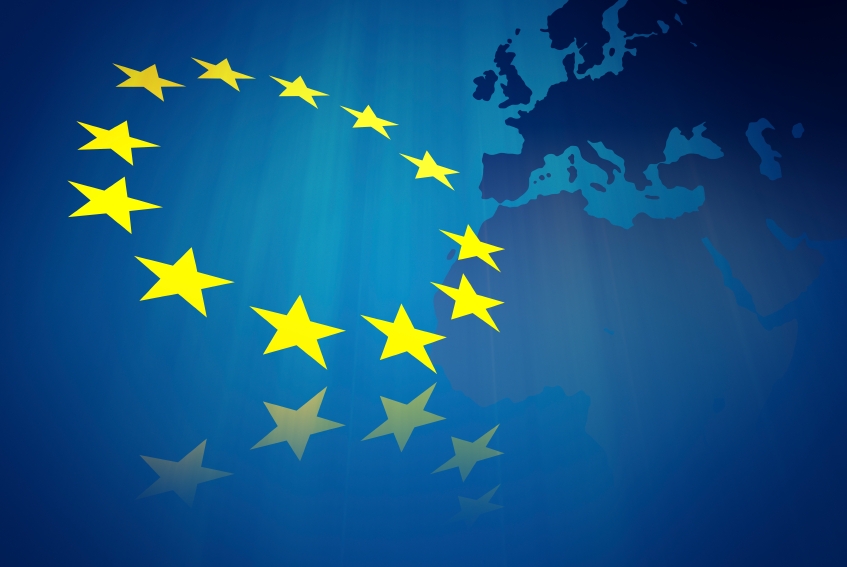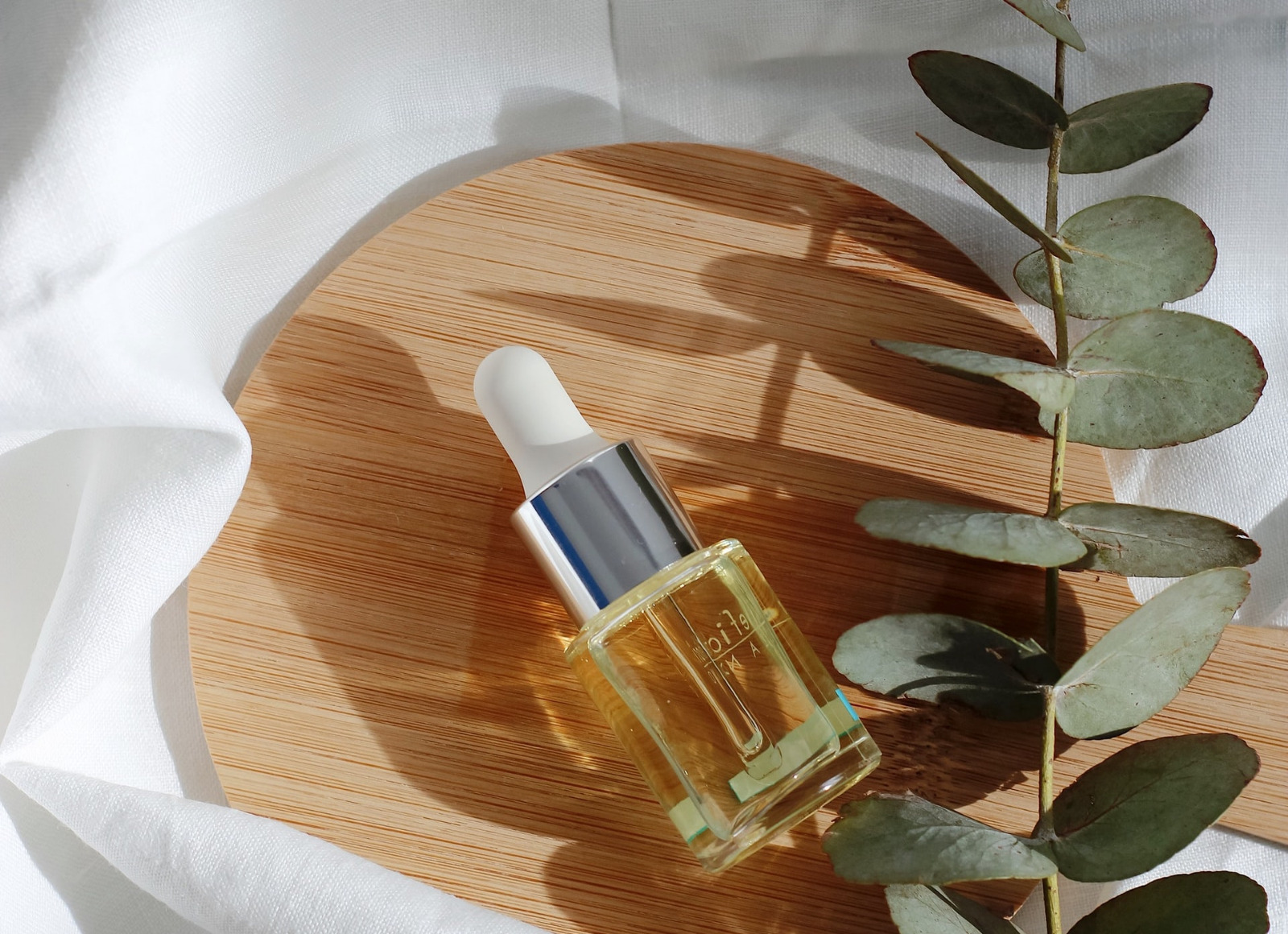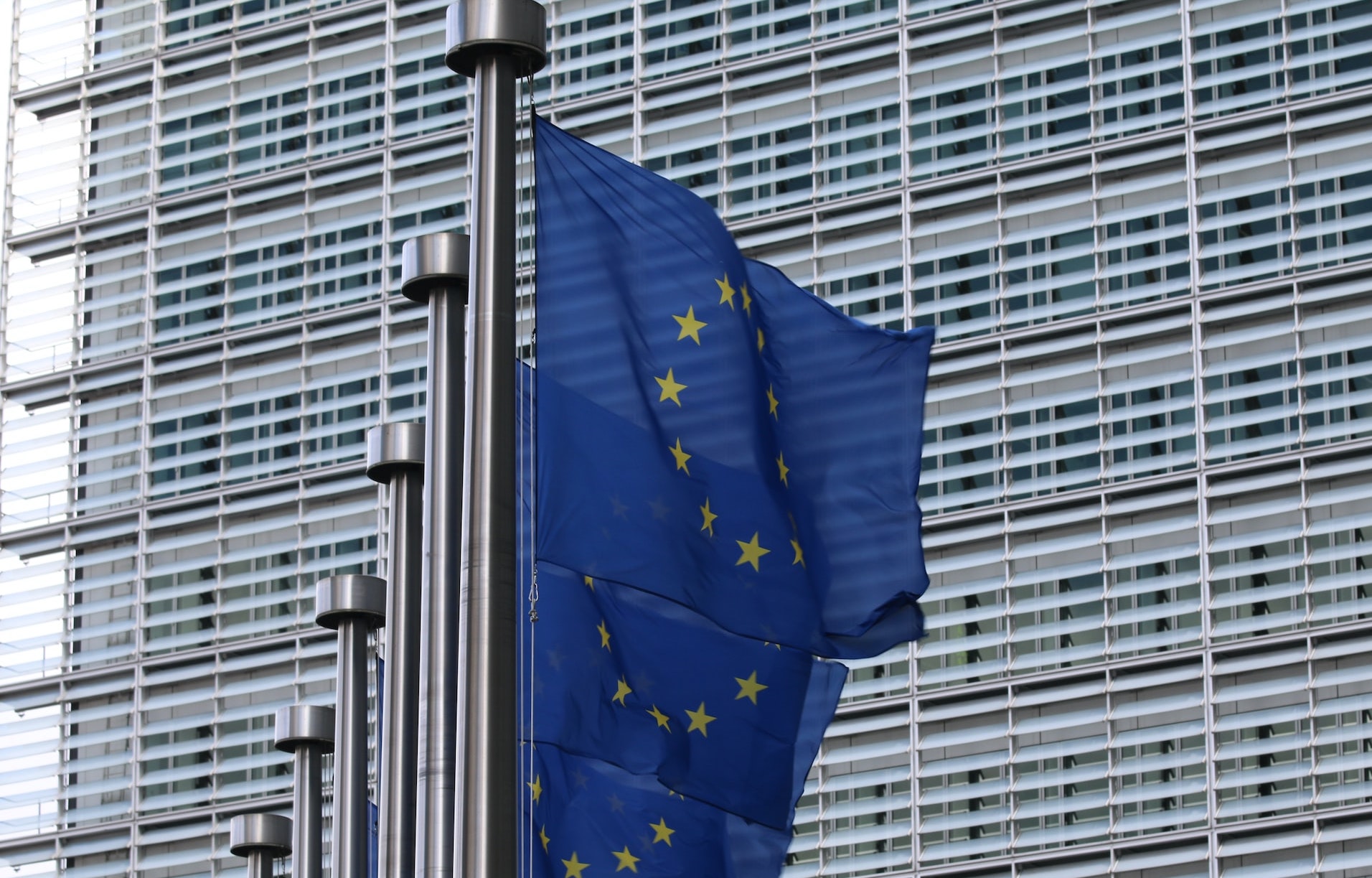EU Safety Gate, formerly known as RAPEX, is a Europe-wide rapid alert system for dangerous non-food products which enables national authorities in 30 countries (27 EU countries plus Iceland, Liechtenstein and Norway) to quickly exchange information and corrective measures taken against dangerous products.
Every day, national authorities enter information in the system about measures taken against dangerous products found on their market. The information, in the form of alerts, is immediately visible to all the other authorities, who can then inspect their own markets and take measures themselves, if needed.
On 13 March 2023, the European Commission published its annual report on the Safety Gate. During the year of 2022, the EU Safety Gate published 213 alerts related to cosmetic products, with the following highlights:
- Most of the non-compliant cosmetics were notified by Sweden, Lithuania, Italy, Germany and France.
- Perfume tops the list of non-compliance cosmetics, followed by skin-lightening cream/lotion, body cream/lotion, face cream and hair dye.
The main non-compliance reasons for the notified cosmetics include:
- 190 represented a chemical risk due to the presence of prohibited ingredients, e.g., butylphenyl methylpropional (lilial), hydroxyisohexyl 3-cyclohexene carboxaldehyde (lyral), hydroquinone, methylchloroisothiazolinone and methylisothiazolinone, mercury, isobutylparaben.
- 20 represented a microbiological risk due to contamination by microorganisms
- 2 represented a choking risk due to their resemblance to food
- 1 represented a cutting risk due to a defective glass bottle.
References:
1. Safety Gate: the EU rapid alert system for dangerous non-food products






